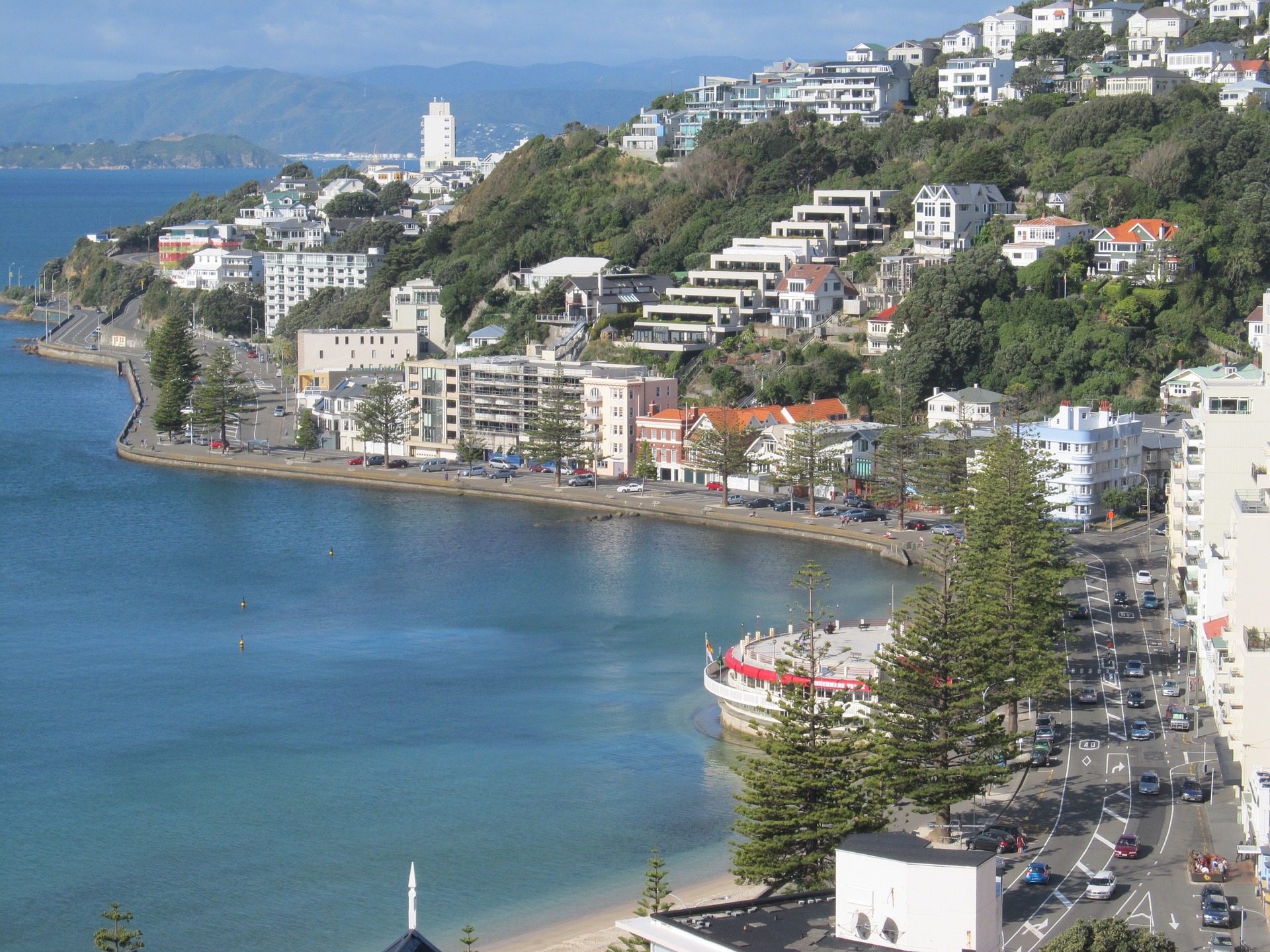No cases of Covid-19 have been detected in Wellington so far, but health authorities say the capital is still in the early days of understanding the impact of an infected Sydney man’s visit last weekend.
Wastewater testing in the region for Tuesday, 26 June has also not detected the virus. Alert Level 2 restrictions for the Wellington region continue to Sunday night.
The SMC asked experts to comment on the news.
Professor Michael Plank, Te Pūnaha Matatini and University of Canterbury, comments:
“The news that there are no positive results from more than 10,000 tests yesterday is encouraging, as is the fact that follow-up tests on the Sydney man’s close contacts were also negative. But it’s still much too soon to conclude that there has been no community transmission of the virus. There are over 1,000 known contacts yet to be tested or awaiting results.
“We know from the Sydney man’s movements that people may have been infected in Wellington on Sunday or even Monday morning. These people could still be in the incubation period. So, we will need to wait for test results to come in over the next couple of days to know more. In the meantime, the current time frame for alert level 2 to continue until Sunday night is sensible. This limits the potential for future transmission from people who may still be incubating the virus.”
Conflict of interest statement: “I am partly funded by MBIE for research on mathematical modelling of COVID-19.”
Associate Professor Arindam Basu, Associate Professor of Epidemiology and Health Sciences, University of Canterbury, comments:
“Today’s news of no new cases in the community in Wellington highlights the nature of this pandemic and the effectiveness of New Zealand’s elimination strategy and border control. This lack of new case(s) following a single introduction is not unexpected. Community transmission with a new strain usually takes a few rounds of ‘introductions’ either in a community of people with no prior infection or eliminated infection. The person who turned out positive needs to be ‘reverse contact traced’ as to the origin of a potential superspreading event, in all likelihood this person may not have transmitted or triggered spread of infection. Nevertheless, border restrictions, respiratory hygiene and use of masks in public transit and indoors plus leaving contact traces (scanning), and a relatively high rate of vaccination will be necessary to keep new strains at bay.”
No conflict of interest
Dr Sarb Johal, registered clinical psychologist, comments:
NOTE: These comments have been updated since being posted on Dr Johal’s Twitter account and blog earlier this morning.
“We now know that there has been another day of zero community cases detected in Wellington, and nothing detected in wastewater testing either. We are not through this yet, but I’ve been thinking: what might happen when vaccines become more widely available at the end of next month?
“It’s clear that NZ is vulnerable right now. With variants circulating around the world and entry points into NZ, people may be taking a more careful look at the risk it exposed them to right now with various travel bubbles remaining open.
“One issue is that when cases are detected at a place of origin, people from that place may already be in NZ. And they may be infected.
“Also: authorities in other places might have a different appetite for risk, meaning that they may take slower or different actions than we would in NZ.
“With a largely unvaccinated population, that’s a risk we are trying to manage. But with more infectious variants in this phase of the pandemic, the situation has changed from when Alert Levels and criteria were set (though they have evolved somewhat).
“In the interim, there’s a good argument to consider whether we need more stringent advice about behaviour to keep ourselves safe while we are relatively vulnerable through low vaccination coverage.
“It seems a fair trade-off: if the travel bubble is to remain open, then there needs to be a higher level of compliance with behavioural measures to prevent spread of the virus should there be an outbreak.
“How we do this is a political decision. We can make it easy and remind people to mask-up, stay physically distant, and scan. But this seems to happen after a threat appears – which is not tight enough for the situation we find ourselves in.
“As we go through this process of understanding the Wellington situation, we may find that people’s attitudes may shift. There will be people who were always going to take up the vaccine, and those who will not.
“But this current episode may lead people to re-assess their position and decide to take up the vaccine for their own, and their loved ones’ protection.
“We should be prepared for this increased desire to take up the offer of a vaccine. ”
No conflicts of interest declared
